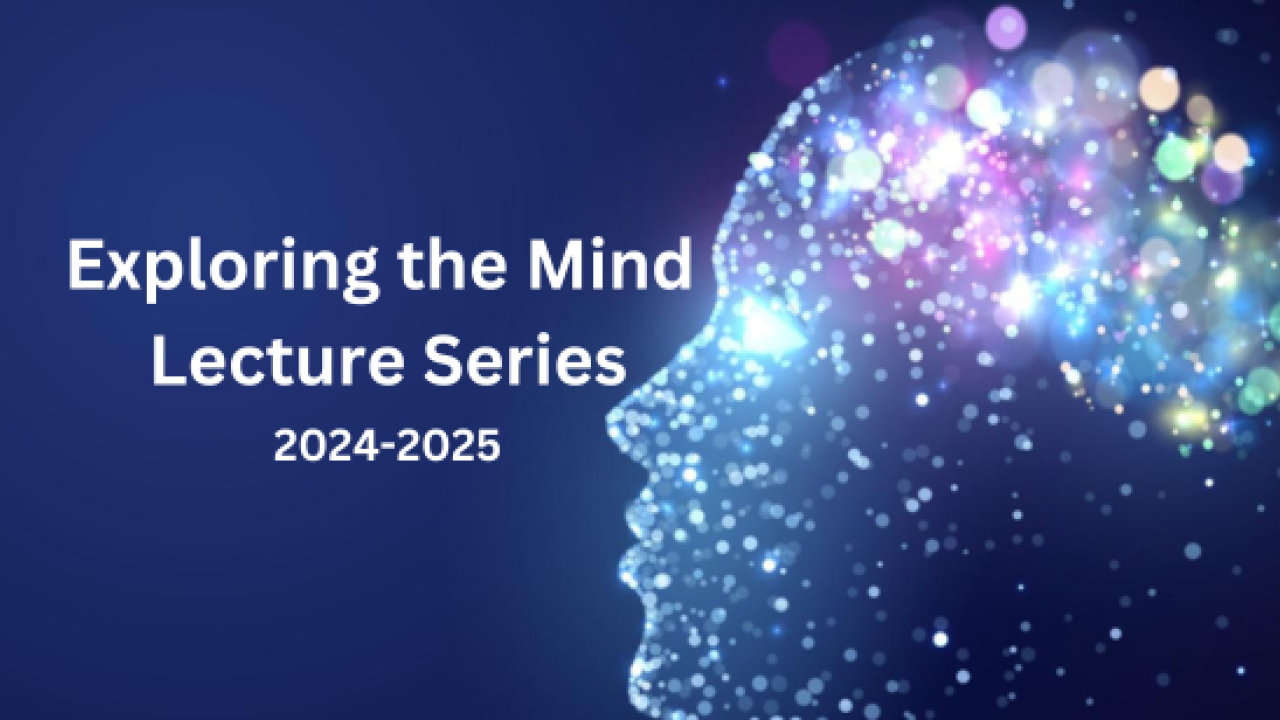
Event Date
Seth Pollak, Ph.D
Vaughan Bascom Distinguished Professor of Psychology
University of Wisconsin, Madison
What is it About Early Experience that Configures Children’s Learning?
Discovering the processes through which early life experiences affect children’s development is critically important for understanding the basic science of human development and learning. Nearly all research on early experience, socio-emotional development, stress, and neurobiology has been anchored on documenting specific types of events that have (or have not) occurred in a child’s life. Yet, there is increasing evidence that children’s perceptions of their own experiences are critical for understanding both behavioral and neurobiological outcomes. How can we better embrace this real- albeit messy- complexity of human development? This presentation aims to serve as a catalyst for thinking about these kinds of new future research directions by focusing on the role of social factors in the emergence of children's decision-making abilities.
Seth Pollak is the Vaughan-Bascom Distinguished Professor of Psychology at the University of Wisconsin-Madison. He also holds appointments in the Lafollette School of Public Affairs, the Department of Anthropology, the Department of Pediatrics, the Waisman Center for Human Development, and the Institute for Research on Poverty. Dr. Pollak has been the recipient of the Boyd-McCandless Award for Distinguished Contributions to Child Development, the American Psychological Association’s Distinguished Early Career Award, the APS James McKeen Cattell Award, as well as the University of Wisconsin Chancellor’s Distinguished Teaching Award. He is a Fellow of the American Association for the Advancement of Science and the Association for Psychological Science. In 2020, he was elected to membership in the American Academy of Arts and Sciences and was recently named a Guggenheim Fellow. His current research is addressing how early experiences in children’s lives influence how children learn to think about and understand emotions.
